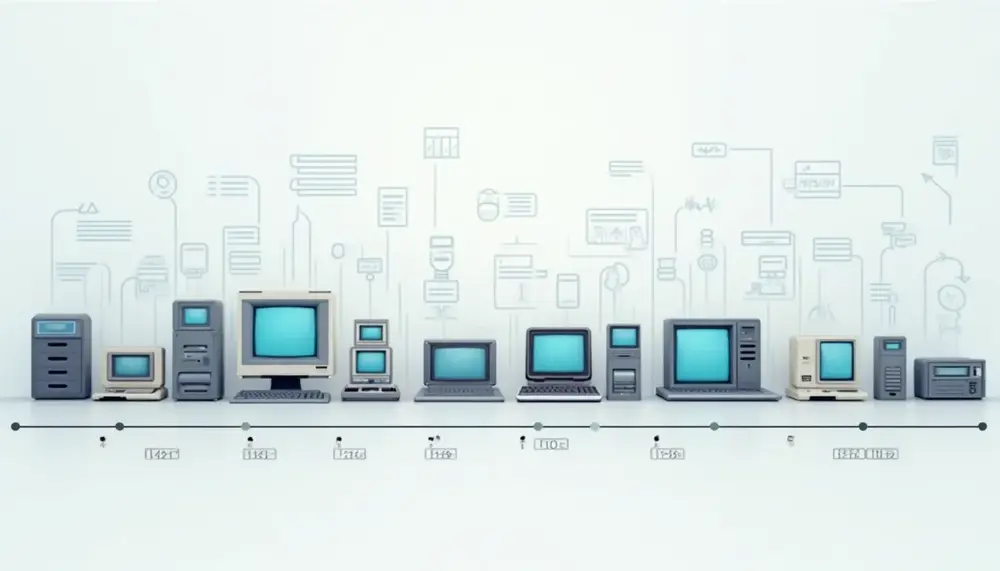Data Visualization
Data Visualization
Data Visualization in Knowledge Management
Data Visualization is the process of turning data into visual formats like charts, graphs, and maps. This helps people understand complex data easily. In Knowledge Management, data visualization plays a crucial role.
Why Data Visualization Matters
Data visualization makes it easier to see patterns and trends. This can help in making better decisions. For example, a sales graph can show which products are performing well.
Types of Data Visualization
There are many types of data visualization. Common ones include bar charts, line graphs, and pie charts. Each type serves a different purpose. Bar charts are great for comparing quantities. Line graphs show trends over time. Pie charts display parts of a whole.
Benefits in Knowledge Management
Data visualization helps in sharing knowledge across teams. It makes information accessible and understandable. This leads to better collaboration and informed decision-making.
Tools for Data Visualization
Many tools can help with data visualization. Popular ones include Tableau, Microsoft Power BI, and Google Data Studio. These tools offer various features to create effective visualizations.
Conclusion
In summary, data visualization is essential in knowledge management. It simplifies complex data and helps in better decision-making. Using the right tools can enhance the effectiveness of data visualization.
Blog Posts with the term: Data Visualization

Information Management Systems (IMS) have evolved into dynamic tools that integrate advanced technologies like AI, cloud computing, and IoT to drive data-driven decisions and innovation. These systems enhance collaboration, scalability, and real-time analytics but face challenges such as security concerns,...

Information storage and retrieval are essential for effective data management, with challenges like redundancy, scalability, security, and integrity in storage; while poor indexing, irrelevant results, latency, and fragmentation hinder retrieval. Strategies such as cloud storage, deduplication, tiered storage solutions enhance...

Knowledge management (KM) is essential for modern organizations, transforming raw data into actionable insights through structured systems and technology to enhance decision-making, collaboration, and innovation. Effective KM fosters employee satisfaction, agility, and continuous learning while leveraging tools like AI and...

Mastering storage and retrieval procedures is essential for businesses to enhance operational efficiency, data security, and decision-making by organizing information systematically. Understanding encoding methods and employing efficient storage techniques like structured formats, compression, deduplication, tiered storage, cloud solutions, advanced search...

Information Management Systems (IMS) are essential software solutions that help organizations efficiently collect, store, manage, and distribute data to enhance decision-making and streamline operations. These systems perform core functions such as data collection, storage, organization, retrieval, analysis, security, workflow automation,...

Management Information Systems (MIS) integrate data, technology, people, and processes to enhance decision-making and organizational efficiency, evolving from manual systems to advanced cloud solutions. Their development reflects technological advancements that have transformed business strategies while presenting challenges like implementation costs...

The article emphasizes designing an effective Information Management System (IMS) syllabus by aligning academic theory with practical applications, using a modular structure to ensure clarity and progression. It highlights the importance of clear objectives, audience-specific tailoring, real-world relevance, and fostering...

USAID's Knowledge Management (KM) transforms data into actionable insights, fostering collaboration, equity, and scalability to address global challenges effectively. By integrating KM in health systems and development initiatives, USAID enhances decision-making, crisis response, and sustainable outcomes despite challenges like resource...

Java’s robust ecosystem, mature frameworks, and scalability make it ideal for building secure, adaptable information management systems that drive real business value....

A diverse mix of vector illustrations, icons, infographics, and interactive media enhances knowledge management by clarifying complex ideas and boosting engagement....

Management Information Systems focus on optimizing organizational information flow and decision-making, while Data Science extracts insights from data for innovation....

Core MIS principles involve transforming raw data into actionable insights through analytics, system design, and governance to drive business value while ensuring compliance. Mastery requires understanding the full data lifecycle, applying appropriate methodologies, effective visualization, modular system design, thorough testing,...

The Master of Science in Information Systems Management (MS-ISM) equips students with essential skills for leadership roles by blending technical expertise and managerial knowledge, while offering flexible learning options and practical experience. Its comprehensive curriculum prepares graduates to excel in...

Knowledge management diagrams are essential tools that visually organize complex information, enhancing communication and collaboration within organizations for better decision-making. Effective diagrams should be clear, audience-focused, and adaptable to ensure efficient knowledge sharing and resource utilization....
